To help Aboriginal and Torres Strait Islander corporations understand what Data Sovereignty means and why it matters...
NPY Women’s Council: Building cultural principles into rules

NPY Women’s Council (NPYWC) was set up in 1980 and incorporated in 1994. The organisation was founded in response to the concerns of Aboriginal and Torres Strait Islander women across the Aṉangu Pitjantjatjara Yankunytjatjara (APY) lands. The women were concerned about the rise of petrol sniffing in their communities. They were also concerned about the ineffectual service delivery to their Elders and those with disabilities.
“…the women were all thinking the same way. We wanted our own meetings. We all had something to say about caring for our children, our families, about our aspirations to have good lives. We wanted to talk about our issues to the government. We wanted to talk together to give a strong message. That’s why we formed the Women’s Council.”
– Nganyinytja (dec), OAM, 1980
NPYWC has never lost sight of its aspirations. It remains an active and hands-on advocacy and service delivery organisation.
One of the aspirations of NPYWC is to protect, maintain and revitalise culture. It does this by:
- encouraging the practice of culture
- observing NPY women’s law
- promoting the interests and rights of NPY women.
Aṉangu culture flows through the organisation from the boardroom to service delivery on the ground.
In 2008, NPYWC became incorporated under new legislation. They carried out significant consultations with members, spread across a large geographic region, about their new rule book (known as the constitution).
As a result, members introduced new clauses in the rule book. These included key guiding cultural principles such as:
- Ngapartji ngapartjiku kulira iwara wananma tjukarurungku: respect each other and follow the law straight
- Kalypangku: conciliatory
- Piluntjungku: peaceful and calm
- Kututu mukulyangku: kind-hearted
- Tjungungku: united
- Kunppungku: strong

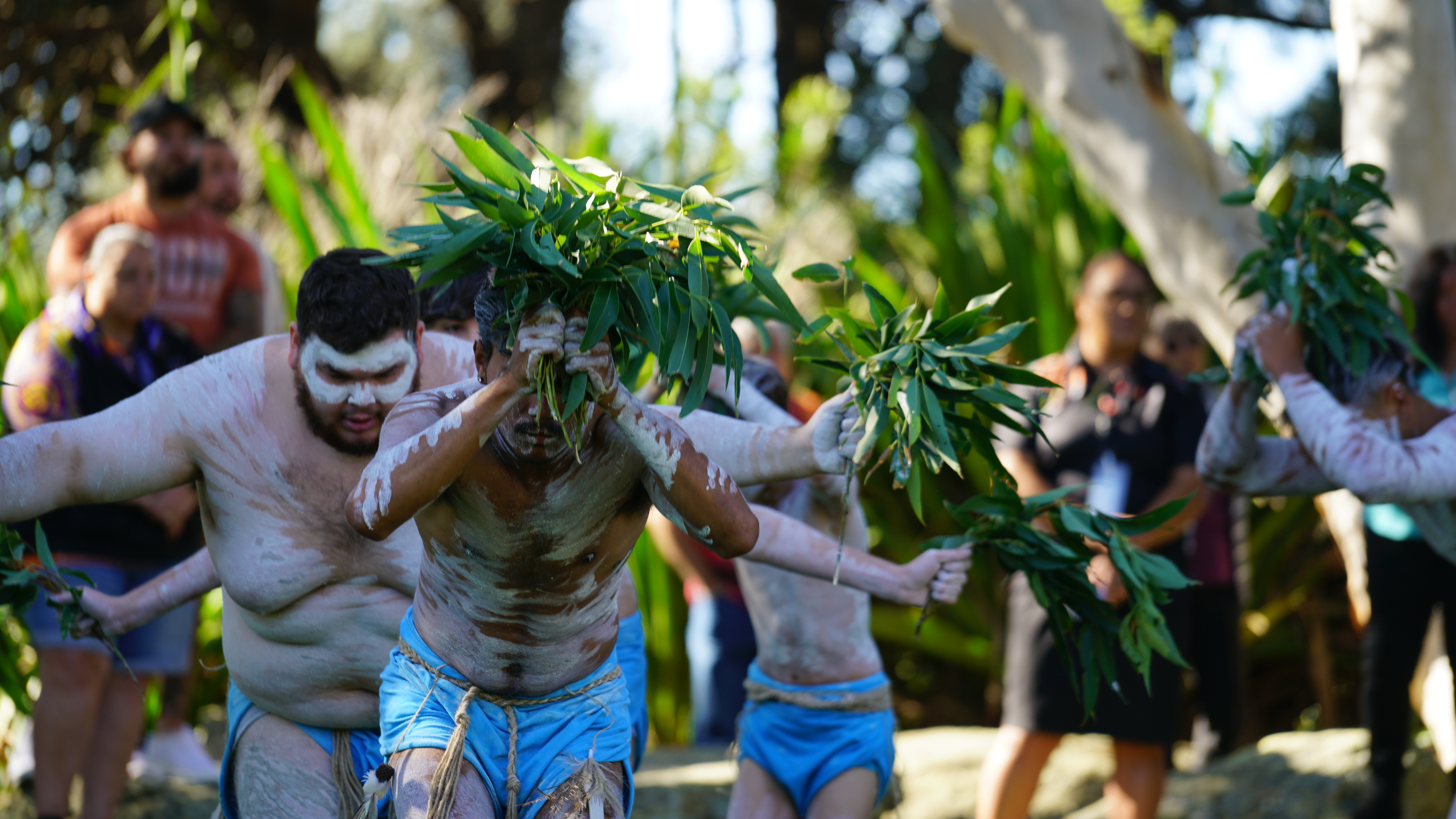
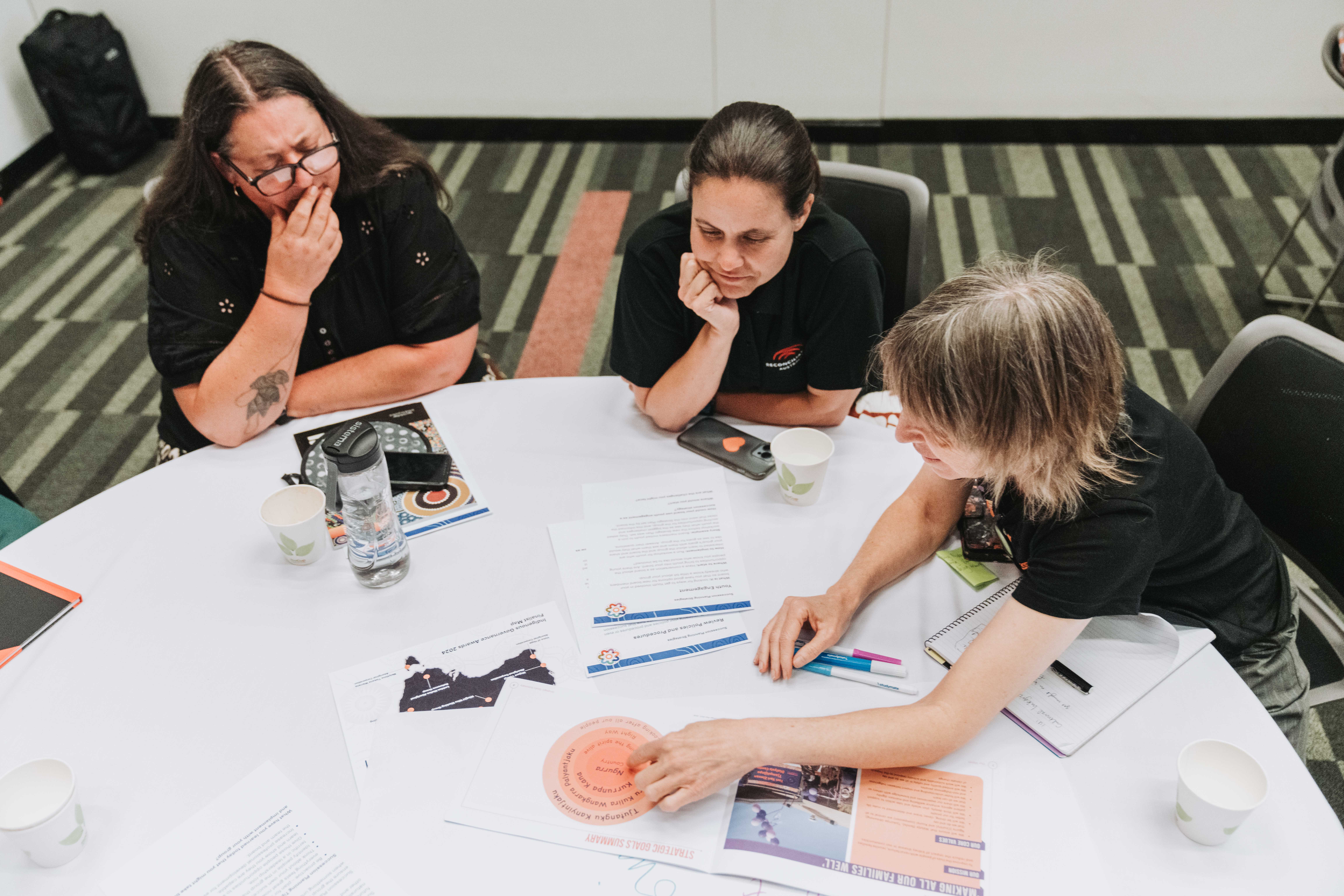
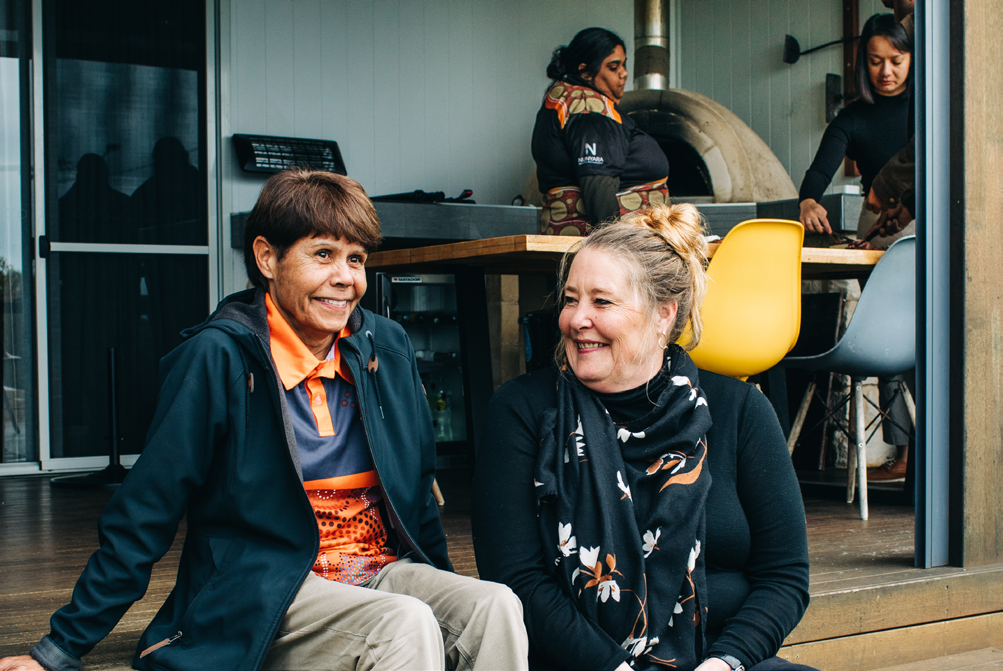
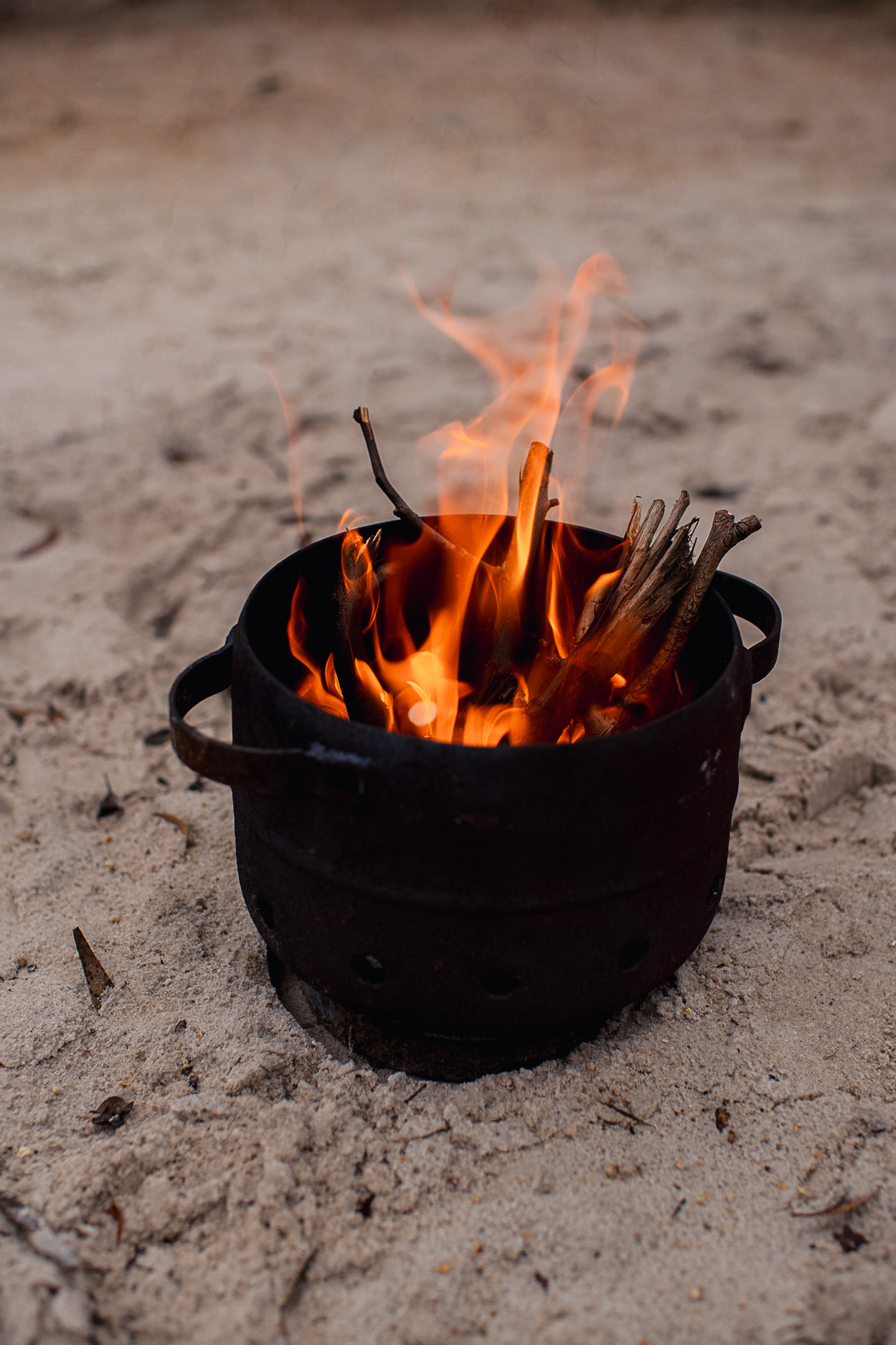
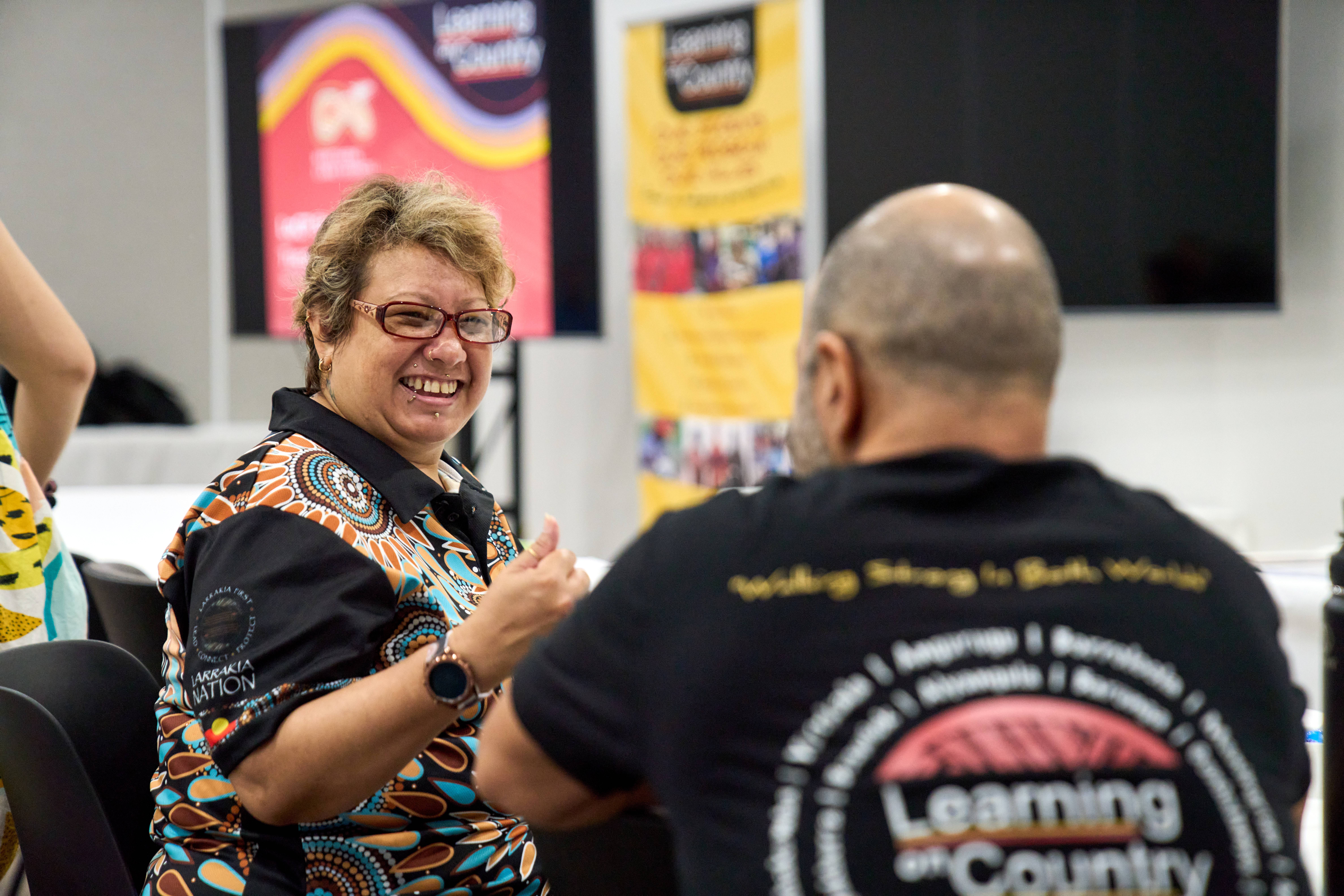
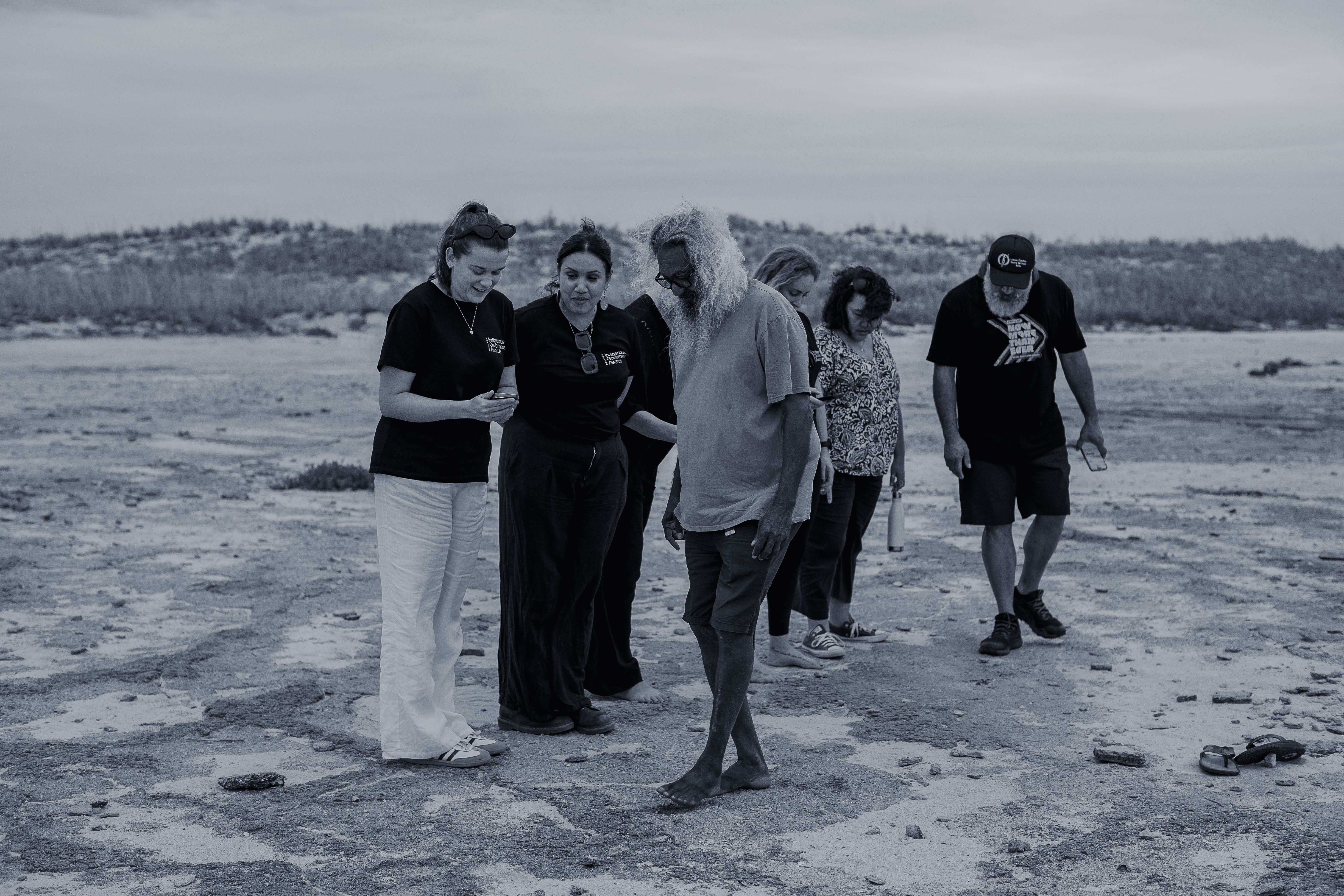

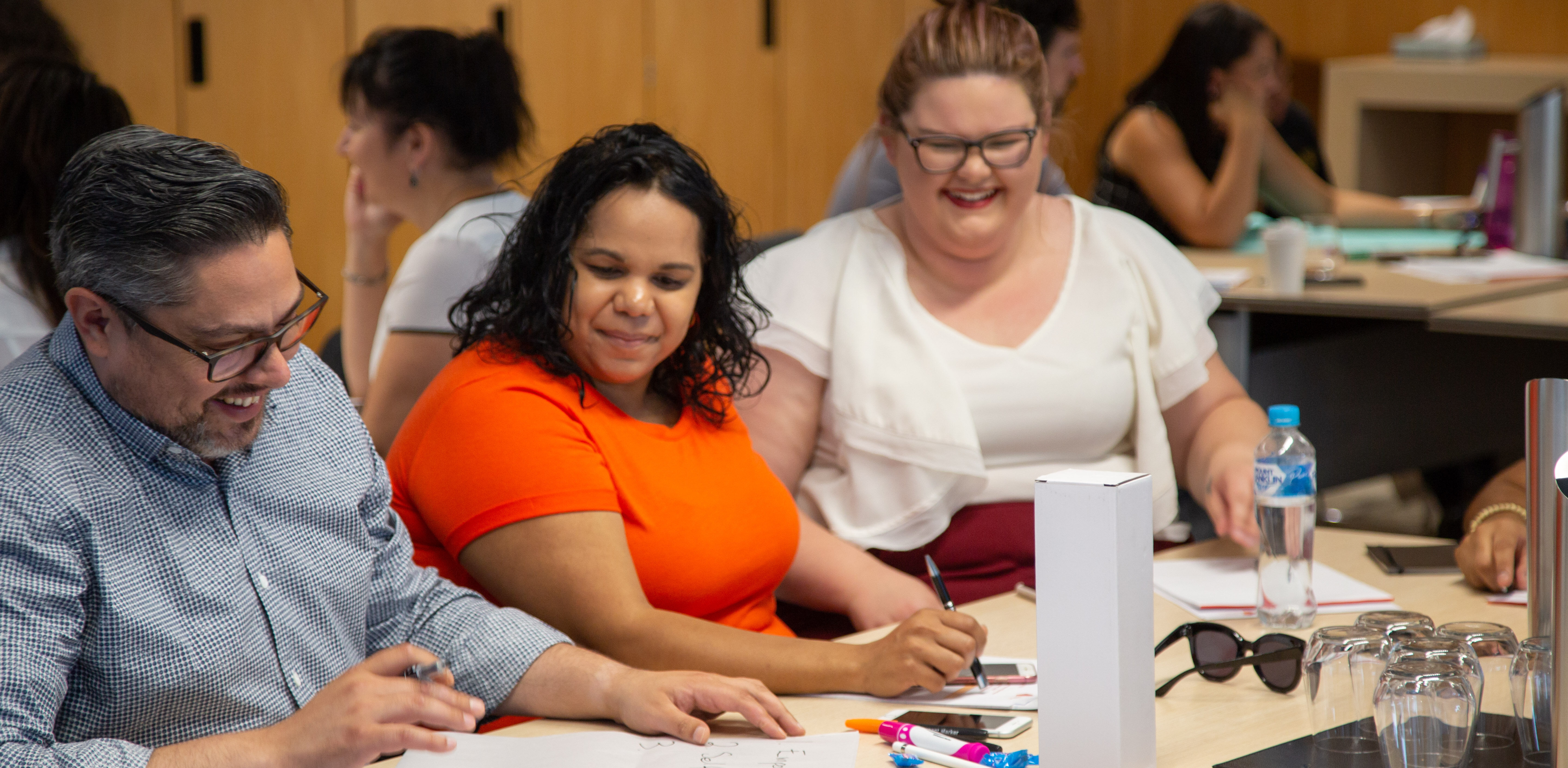

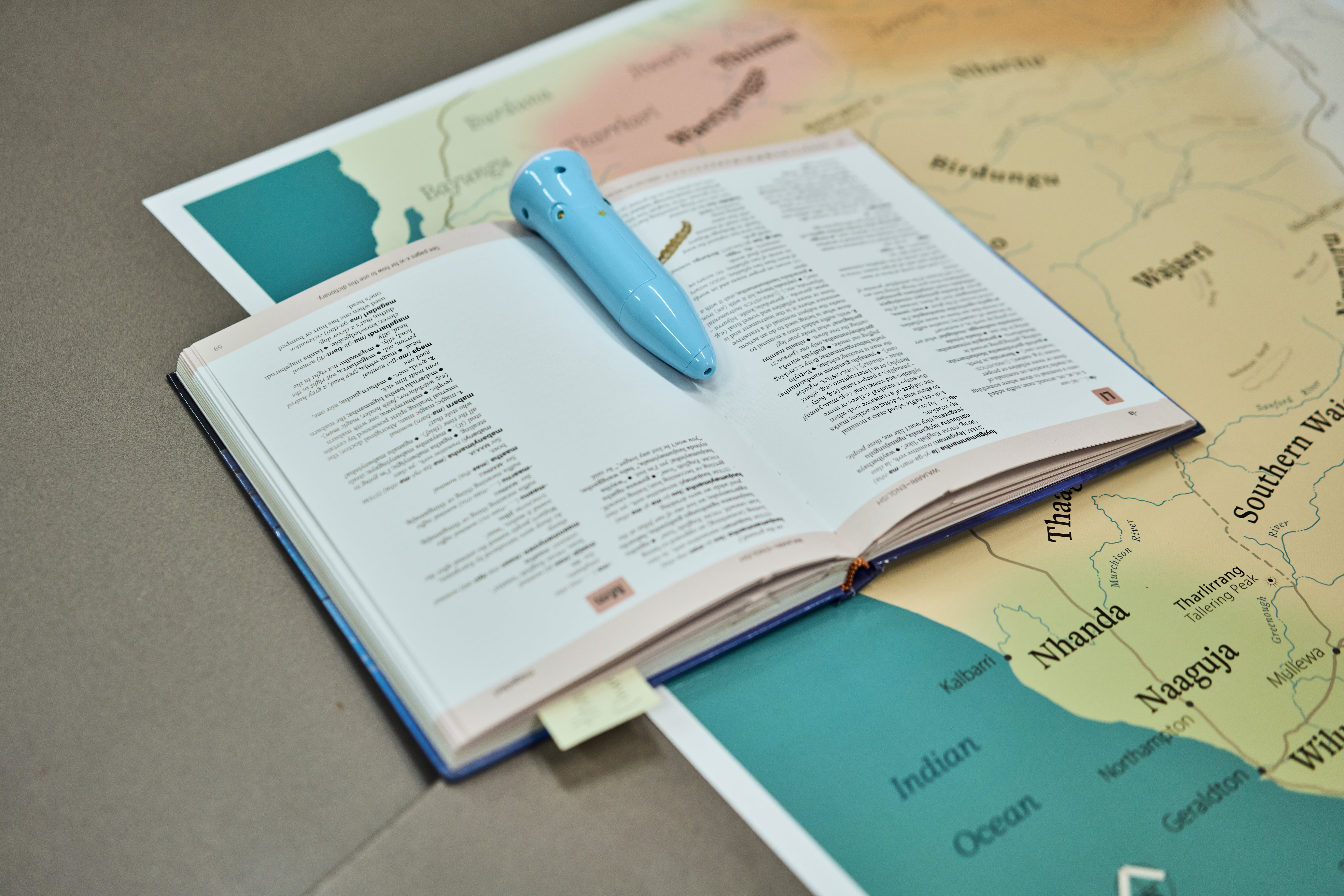

.png)

